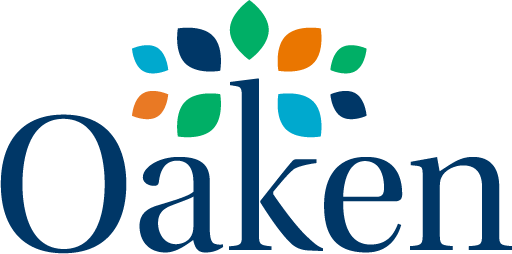March is Fraud Prevention Month in Canada and for the past 17 years, this event has showcased ways to avoid becoming a victim of targeted fraud. Sponsored by the Government of Canada through the Competition Bureau of Canada, the goal of Fraud Prevention Month is to raise awareness around the increasing instances of fraud and other scams that are now conducted largely online.
Identity theft
One of the most common types of fraud is identity theft where scam artists attempt to gain access to your personal information including your name and address, Social Insurance Number, and banking information. They can then use this information to do such things as apply for credit cards in your name or even open new loans. This can lead to considerable damage before the fraud is detected.
Fake websites are a common way to obtain your information and it can be difficult sometimes to tell the difference between a legitimate site and a scam site. Thieves count on this confusion and go out of their way to build websites that look real. These sites may promise such things as free gifts and other enticing offers to attract interest from as many people as possible.
Keep in mind, however, that the whole point of these sites is to collect your personal information. To protect your data and other sensitive details including your credit card information, there are a few precautions you can take such as only using your credit card to make online purchases on sites that you know and can trust. You should also look for “HTTPS” in the website address for any site that you entering personal information as this will confirm that you are on a secure site.
COVID-19 fraud
In what is surely one of the most despicable attempts to trick the public in recent memory, fraudsters are now taking advantage of the current health crisis and authorities have reported several new fraudulent schemes directly related to the COVID-19 pandemic. These criminals are willing to go so far as to target vulnerable individuals who are genuinely concerned about their health and that of their loved ones.
Believe it or not, there are some fraudsters out there that are offering “guaranteed” vaccines that you buy yourself. Given the demand for vaccines and the long wait many Canadians still face for their chance to receive their vaccine, this is especially cruel.
In addition to vaccines, you may also receive unsolicited offers for products that claim to prevent COVID. Again, this is another attempt to defraud you by taking advantage of the current crisis. The ways to minimize the potential to contract COVID are well-known by now and these methods, unlike the “miracle cures” being peddled by some of these fraudsters, are based on tested, scientific principles.
To ensure you don’t fall victim to these tactics, the best thing is to refrain from responding to any unsolicited email or other COVID-19-related communications from non-government or health agencies. In these challenging times, you should ensure that your COVID-19 updates or information regarding such things as vaccine availability comes directly from official sources.
For more tips on how to protect yourself against fraudulent schemes based on COVID-19, be sure to check out this Government of Canada website.





 Travel and lifestyle
Travel and lifestyle
